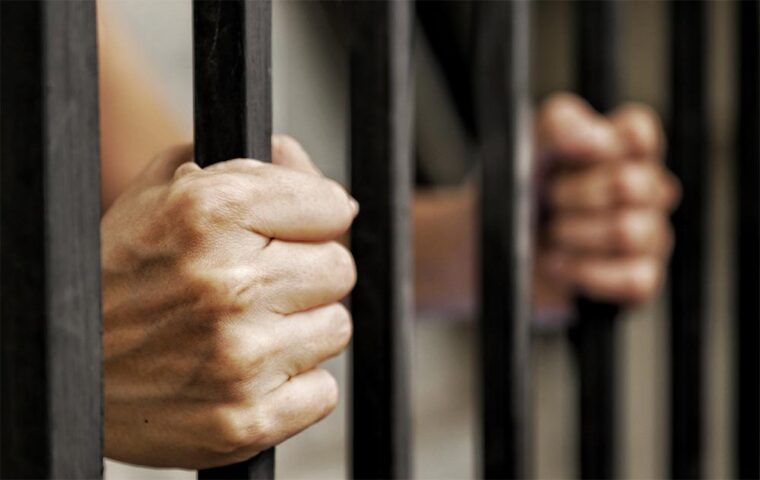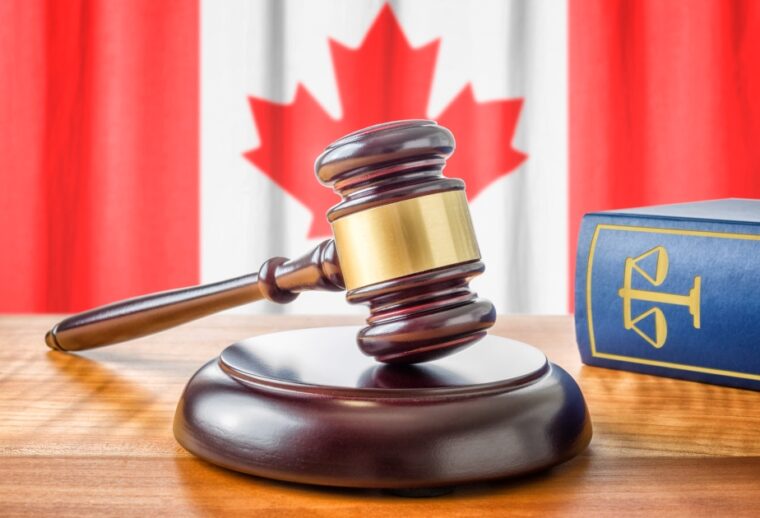A second opportunity may make all the difference for people who have made errors in the past. After serving a sentence, the criminal rehabilitation process in Canada acknowledges that people may change and shouldn’t be eternally characterised by their prior behaviour. Criminal record holders might move on to record suspensions or be recognised as having undergone rehabilitation.
People are able to advance to opportunities in jobs, volunteerism, education, and other areas. Canada criminal rehabilitation is a complicated process, but It seeks to open doors for those who are determined to make a positive change rather than closing them forever. This article examines Canada’s criminal rehabilitation program and its function in fostering hope.
The Process Of Criminal Rehabilitation

Applications for criminal rehabilitation are made to the Parole Board of Canada in Canada. Applications for individual rehabilitation and record suspension are the two primary categories.
Before any application can be filed, a sentence must have been finished before it can. To determine if rehabilitation is necessary, the Parole Board considers each individual’s criminal history, proof of reform and rehabilitation, and character evaluations. The person’s record is cleaned or suspended if authorised.
1. Individual Rehabilitation
For those convicted of a crime outside Canada, the path forward is through individual rehabilitation. It involves submitting an application to the Parole Board of Canada to be deemed rehabilitated, even if the offence would normally make you inadmissible.
It demonstrates you have turned over a new lifestyle and recognize that past mistakes do not define you. If approved, you can enter or remain in Canada without the stigma of a criminal record holding you back. It offers hope for a new beginning.
2. Record Suspension
If convicted of a crime within Canada, a record suspension can provide a new lease on life. This suspends your criminal record from public view after completing your sentence. It’s like wiping the slate clean, allowing you to move ahead without the record hanging over your head.
Employers and others will no longer see it. While not erased, it provides a veil of privacy and a chance to rebuild without unfair bias. For qualified applicants committed to starting fresh, it opens doors to a stable and productive future.
Eligibility For Criminal Rehabilitation

Having a criminal record doesn’t have to haunt you. To have your record suspended or considered rehabilitated in Canada some criteria must be met. These criteria ensure a process that determines the commitment of applicants, towards rehabilitation.
- To begin with, only convictions without an existing pardon are eligible for consideration. It’s important to note that you can only receive one pardon per record meaning any crimes previously covered by a pardon would not qualify.
- Additionally, there are waiting periods after completing your sentence that vary depending on the severity of the offence. These periods range from 3 years for crimes to 5 years for serious indictable offences. This allows time to demonstrate growth and positive change.
- Furthermore, it is crucial to prove your character and show that you are unlikely to re-offend when presenting your case before the Parole Board. They will examine evidence such as volunteer work training certifications, stable employment history, positive references and community involvement as indicators of your transformation.
- Providing reasons why suspending your record would be beneficial for you such as applying for job opportunities or educational programs is also required.
- Before applying for record suspension or rehabilitation it is essential that all outstanding fines, restitution payments to victims and probation orders have been fully satisfied. This ensures that all aspects of your sentence have been fulfilled. Though it may involve some costs avoiding lifetime discrimination due, to having a record is truly invaluable.
- The requirements guarantee that individuals have completed a duration of time positive changes and will make wise choices with their second opportunity. It may not be an effortless procedure.
Other Important Aspects Of Criminal Rehabilitation

For those dedicated to rehabilitation, the thorough process ultimately eliminates obstacles and empowers you to steer your life in a positive direction.
1. Criminal Record Is Not Erased
A criminal record is never truly erased except in very rare cases where an official pardon is granted through the Royal Prerogative of Mercy. More commonly, criminal rehabilitation and record suspensions simply provide a veil or mask over a person’s record. The goal is to remove barriers and allow functioning in society without unfair discrimination.
2. Consult An Attorney
Due to the complexity, speaking to a lawyer experienced in pardons and rehabilitation is highly advisable before starting an application. It ensures you understand the process, meet the criteria, and submit the strongest case possible.
3. Reformed Individuals Are Only Applicable For Rehabilitation
The Parole Board has sole discretion in granting rehabilitation or record suspensions. Their decision balances public safety with providing opportunities for reformed individuals. They look at positive life changes, evidence of good character, and determination that the applicant is unlikely to re-offend.
4. Good Deeds Can Improve Acceptance Of Application
Each application is considered individually and holistically. Factors like the severity and nature of crimes, steps taken to improve one’s life, giving back to the community, and what the person has done since their conviction are all taken into account.
5. Offers A Stable And Productive Future
While complex and discretionary, the process ultimately aims to unlock second chances for eligible applicants if warranted and in the public’s interest. For those committed to rehabilitation, it represents real hope for overcoming a criminal record and unlocking a stable and productive future.
The Bottom-line

To sum up, criminal rehabilitation in Canada offers a way for individuals to go beyond a criminal record through record suspensions or by being recognised as having undergone rehabilitation. Due to their previous transgressions, this enables people to take advantage of possibilities like employment and reintegration that they may not have otherwise been able to.
Although the procedure is intricate and drawn out, its ultimate goal is to provide individuals who qualify second chances at becoming productive citizens, rather than penalising people who have already completed their terms forever. Positive transformation is encouraged and given hope by the prospect of recovery and reputation restoration.
